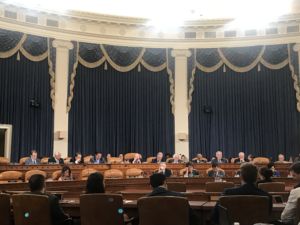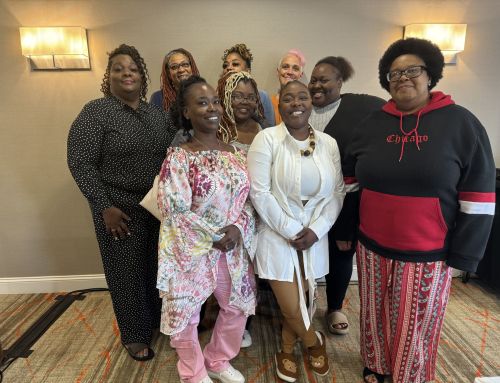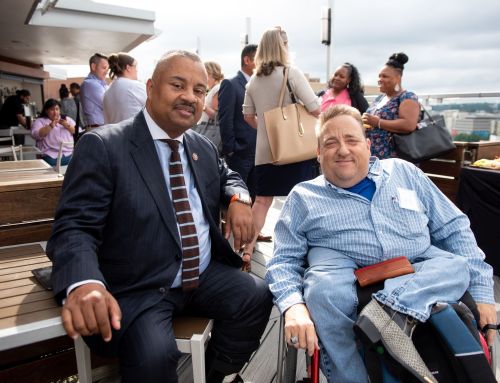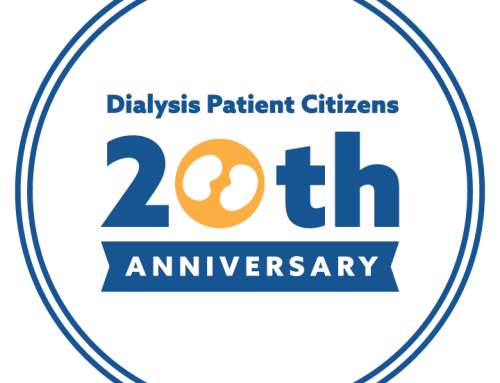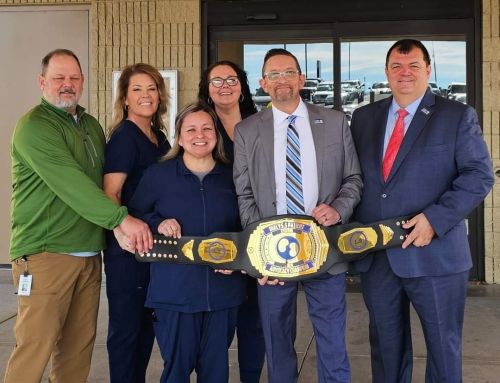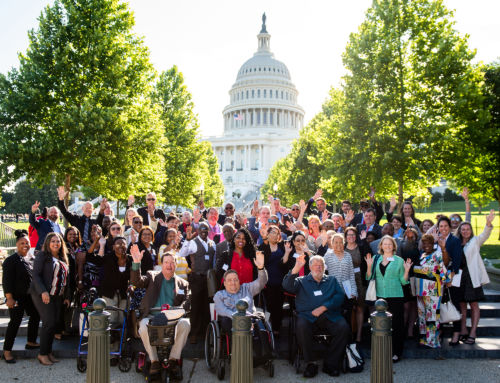Two pieces of legislation have been passed by unanimous consent by the Ways and Means Committee with provisions that improve dialysis care. The Medicare Part B Improvement Act of 2017 (H.R. 3178) and H.R. 3168—contain 3 provisions which will improve dialysis care. H.R. 3178 expands access to home dialysis by allowing the use of telemedicine for end-stage renal disease (ESRD) related visits as well as allows new dialysis facilities to received outside accreditation in order to provide treatment. The second piece of legislation includes a provision to allow for the reauthorization of Medicare Special Needs Plans (SNPs) for five years. DPC submitted a letter of support for these three provisions to Chairman Kevin Brady (R-TX) in advance of the committee mark-up. We look forward to seeing these pieces of legislation reach the full house floor for a vote.
Read Hrant’s blog on this important legislation
Read DPC’s Letter to Chairman Brady below:
The Honorable Kevin Brady
Chairman
Committee on Ways and Means
United States House of Representatives
Washington, DC 20515
Dear Chairman Brady:
As America’s largest patient-led kidney disease organization representing 29,000 dialysis patients and family members, Dialysis Patient Citizens (DPC) strives to improve the quality of life for all dialysis patients through education and advocacy. On behalf of our members, I want to thank you and the Committee for all the work you have done to protect and expand access to affordable care for dialysis patients, who are some of our most vulnerable Americans. I write to you today regarding two bills which were recently introduced in the House of Representatives and referred to your Committee, H.R. 3178 – Medicare Part B Improvement Act of 2017 and H.R. 3168 – To amend title XVIII of the Social Security Act to provide continued access to specialized Medicare Advantage plans for special needs individuals. As you know, both are scheduled to be marked-up this week.
DPC is very supportive of two provisions contained in H.R. 3178. The first provision would simply allow providers to utilize data from home dialysis equipment to monitor their patients. Currently, many patients receiving home dialysis treatments have hi-tech equipment in their homes, which are underutilized due to statute preventing the use of telemedicine. These technologies should be leveraged by Medicare providers to help provide better care and reduce overall health care costs, while also increasing access to health care providers. This provision would help patients by creating an additional, at home option to maintain their access to care.
The other provision would allow dialysis facilities to seek Medicare-approved, outside accreditation in order to provide dialysis treatments. Currently, facilities that provide care for Medicare beneficiaries face a state survey and certification process along with a Medicare accreditation process to participate in the program. Of these facilities, dialysis facilities are the only ones that are not able to be surveyed and accredited by outside agencies. This has resulted in long delays for the approval of new dialysis facilities as well as extremely high startup costs that discourage new centers from being opened, especially in rural communities where there may be fewer patients making it more difficult to recoup those initial costs. This provision would streamline this process and prevent unnecessary delays in access to care.
And finally, H.R. 3168, introduced by Health Subcommittee Chairman Tiberi, would reauthorize Medicare Special Needs Plans (SNPs) which are Medicare Advantage plans providing care for patients with special needs and chronic diseases, such as End Stage Renal Disease. This legislation would reauthorize these plans for 5 years, the longest reauthorization since their creation, and provide patients with more care coordination, including access to health care specialists who can address their specific health care needs. It will also provide them with a more stable and permanent path forward.
As you know, dialysis patients are a unique and complicated patient population, many of whom are managing multiple comorbidities. Access to affordable, quality health care can be life changing for these patients all of these bills will not only improve their access but also remove barriers which are currently harming their access. Again, I want to thank you and the Committee for your continuing, bipartisan, efforts on behalf of dialysis patients.
Sincerely,
Hrant Jamgochian, J.D., LL.M
Chief Executive Officer
cc: Ways and Means Committee Members

